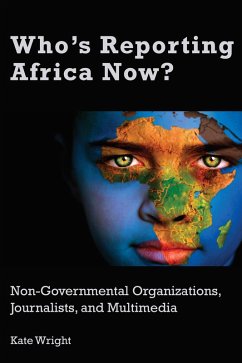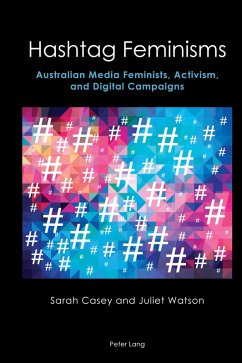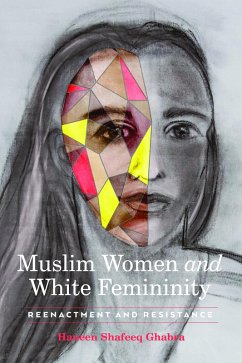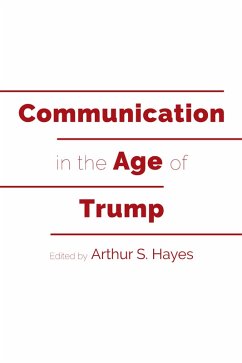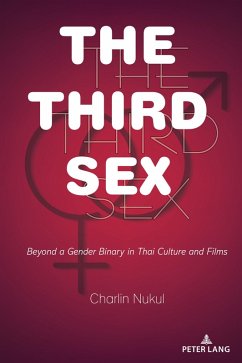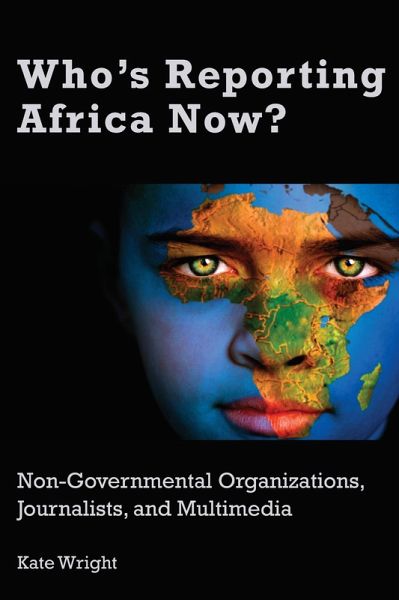
Who's Reporting Africa Now? (eBook, ePUB)
Non-Governmental Organizations, Journalists, and Multimedia
Versandkostenfrei!
Sofort per Download lieferbar
Statt: 52,40 €**
39,95 €
inkl. MwSt.
**Preis der gedruckten Ausgabe (Broschiertes Buch)
Alle Infos zum eBook verschenkenWeitere Ausgaben:

PAYBACK Punkte
20 °P sammeln!
As news organizations cut correspondent posts and foreign bureaux, non-governmental organizations (NGOs) have begun to expand into news reporting. Why and how do journalists use the photographs, video, and audio that NGOs produce? What effects does this have on the kinds of stories told about Africa? And how have these developments changed the nature of journalism and NGO-work?Who's Reporting Africa Now?: Non-Governmental Organizations, Journalists, and Multimedia is the first book töaddress these questions-using frank interviews and internal documents to shed light on the workings of major n...
As news organizations cut correspondent posts and foreign bureaux, non-governmental organizations (NGOs) have begun to expand into news reporting. Why and how do journalists use the photographs, video, and audio that NGOs produce? What effects does this have on the kinds of stories told about Africa? And how have these developments changed the nature of journalism and NGO-work?
Who's Reporting Africa Now?: Non-Governmental Organizations, Journalists, and Multimedia is the first book töaddress these questions-using frank interviews and internal documents to shed light on the workings of major news organizations and NGOs, collaborating with one another in specific news production processes. These contrasting case studies are used to illuminate the complex moral and political economies underpinning such journalism, involving not only NGO press officers and journalists but also field workers, freelancers, private foundations, social media participants, businesspeople, and advertising executives.
Who's Reporting Africa Now?: Non-Governmental Organizations, Journalists, and Multimedia is the first book töaddress these questions-using frank interviews and internal documents to shed light on the workings of major news organizations and NGOs, collaborating with one another in specific news production processes. These contrasting case studies are used to illuminate the complex moral and political economies underpinning such journalism, involving not only NGO press officers and journalists but also field workers, freelancers, private foundations, social media participants, businesspeople, and advertising executives.
Dieser Download kann aus rechtlichen Gründen nur mit Rechnungsadresse in A, D ausgeliefert werden.




